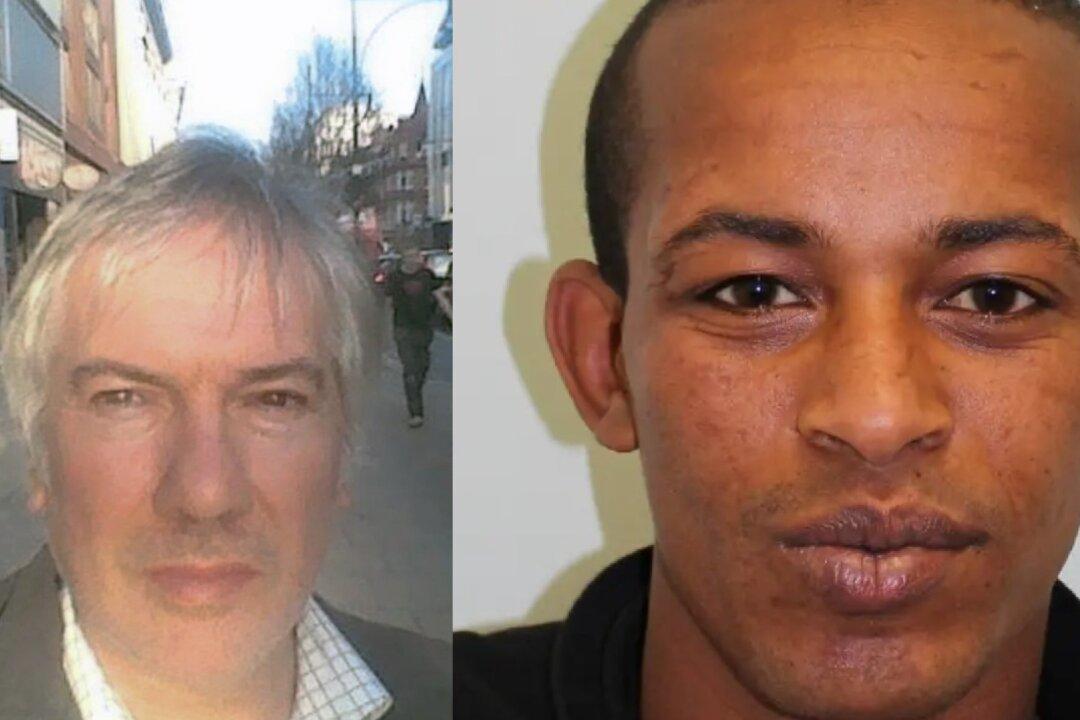The sister of a man who was stabbed to death in London’s Oxford Circus—by a mentally ill asylum seeker—is writing to a coroner to ask her to reconsider her decision not to conclude an inquest.
Steve Dempsey’s sister Kathleen told The Epoch Times: “We have received no justice from the state. No-one has said sorry or been held responsible for the fact that a very dangerous man was able to easily stab my brother in the middle of London’s most busy shopping street.”





